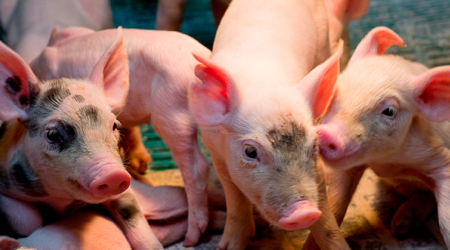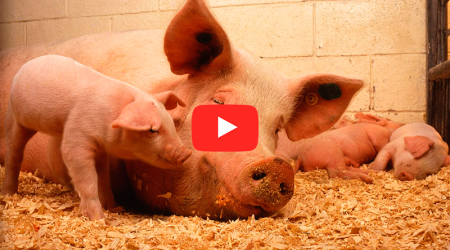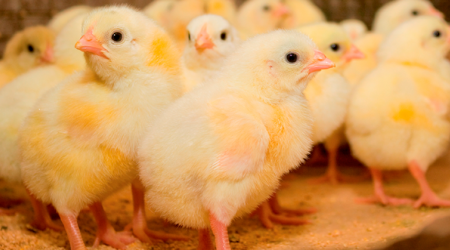News: Animal Care

The reasons behind the research on MSP®, the new biological sea treasures patented by Olmix
28-10-2020Olmix Group has become one of the major global specialists in marine biotechnology and green chemistry and offers algae-based solutions for plants, animals and humans to build a healthy food chain, based on circularity, reduction of pesticide, antibiotic and chemical additive use.

Valorize your farm effluents with Z’fix® Slurry
15-09-2020PRESS RELEASE
Controlling the fermentations in slurries to benefit from their full potential

Red and green algae promoting pig gut health
25-08-2020Seaweed contains ‘sulphated polysaccharides’ – components that are not found in plants, yeast or microalgae. Yet animals do react well to them. Combining sulphated polysaccharides from green and red algae, a new strategy has seen the light that can help weaner pigs in programmes without antibiotics.

The effects of sulfated polysaccharides from the cell wall of green macroalge in the immune modulation of 2 important cell populations: monocytes and neutrophils.

Mistral to reduce the risk of mortality in the farm
18-08-2020Recent research by University of Novi Sad, Serbia, shows that keeping good environmental conditions in farrowing unit is the key to decrease mortality rates of piglets in the farm.

Algae and clay to improve nutrient utilisation
14-08-2020A combination of algae extracts and clay minerals has shown to increase natural enzymatic digestion in the small intestine, a key factor for optimal nutrient utilisation. Here we share some recent data on pigs from a trial performed by INRA.

Future formulation with algae for improved digestibility
04-08-2020Improving digestibility and feed efficiency of farm animals is of upmost importance.

Managing neonatal digestive troubles
20-07-2020Neonatal digestive troubles represent the main cause of young piglet’s mortality and trigger severe economic losses along with an almost systematic use of antibiotics.
